New Industrial Fellowships support research on safer, more efficient and novel transport systems

Innovative technologies to improve transport on land, sea and in the air make up more than half the 19 new Royal Academy of Engineering Industrial Fellowships awarded today to mid-career academics and industrialists across the UK. The Industrial Fellowships aim to strengthen links between universities and industry and to encourage new collaborations. Placements range from six months to two years full- or part-time with the scheme covering the salary costs of each awardee up to a maximum of £50,000 per annum.
On the roads, new technologies being funded include novel power semiconductors for electric vehicles; a human-centric platform to help develop self-driving cars; and smart data compression techniques to enable faster sensors for automated vehicles.
Researchers are helping to make rail travel safer and more resilient through more realistic simulation of how trains interact with railway infrastructure, and improving risk management systems to help reduce flooding. Next generation circuit breakers are being developed to make power supply more resilient, as well as new control and safety management systems suitable for the increasingly complex nature of the industry.
Aerospace projects will see engineering, geology and atmospheric science combined to reduce the impact of dust on jet engines and new flow measurement technologies will help to develop advanced aero-engines for aircraft of the future.
At sea, integrated mission management will enable autonomous vehicles to perform complex tasks at sea for longer, more reliably and at lower cost.
Among other challenges being addressed by the new Industrial Fellows are the reliability of legacy software systems; security threats posed by cyber-attacks; and how to turn waste plastics—including those that cannot be conventionally recycled—into new reusable plastic and clean low-sulphur fuels.
The 2020 awardees, industrial partners and projects are:
Dr Nicholas Bojdo, University of Manchester and Rolls-Royce plc
Mitigating damage to aero engines in dusty environments
 Jet engines are optimised to breathe clean air but end up operating from dusty airports. The subsequent damage varies in nature from one region to the next. This project combines the disciplines of engineering, geology and atmospheric science to understand this variability and to inform damage mitigation solutions.
Jet engines are optimised to breathe clean air but end up operating from dusty airports. The subsequent damage varies in nature from one region to the next. This project combines the disciplines of engineering, geology and atmospheric science to understand this variability and to inform damage mitigation solutions.
Stephanie Dawson, Hitachi Rail and University of Birmingham
Delivering a revolution in train testing with digital twin technology
This research project will develop a simulation to integrate Hitachi Rail’s train control software with the University of Birmingham’s Infrastructure Digital Twin using Hardware-In-The-Loop technology. This will allow train control software to be tested in a representative environment, realistically interacting the simulated train with the railway infrastructure.
Dr Andrea Diambra, University of Bristol and Gavin & Doherty Geosolution
CYCL-ON: introducing advanced cyclic soil modelling in offshore wind design
Offshore wind turbines are dynamically sensitive structures that must satisfy strict operability criteria under the critical cyclic storm loadings experienced during their design lifetime. Proper design and assessment of the turbine’s foundation properties is a key element in any design assessment. This project aims to improve the design procedures by including recent modelling developments that capture the full extent of the cyclic soil-foundation interaction mechanisms.
Dr Valentina Donzella, WMG, University of Warwick and ON Semiconductor
Smart data compression for automotive environmental perception sensors
Automated vehicles are on the verge of changing our lives. Sensing the environment requires the vehicles to deploy several sensors and each sensor collects a large quantity of data. This project investigates data-reduction and pre-processing techniques that might enable the fast decision-making process needed for safe motion of automated vehicles.
Dr Suzanne Embury, University of Manchester and Arm Holdings
Round-trip engineering of test suites for legacy software
Periodic reconstruction of software systems is necessary to control costs but is also risky. This project will create tools to capture organisational expertise from mission-critical legacy systems and package it in the form of reusable software test suites that can kick-start rapid and reliable reconstruction of those systems.
Dr Basel Halak, University of Southampton and ARM
Artificial Intelligence enhanced design for secure anti-tamper embedded devices
Compromised hardware products pose serious threats if used in critical infrastructure and military applications. The continuously evolving landscape of security threats calls for equally effective and adaptive defence mechanisms. This project will develop such a mechanism, using machine learning algorithms to rapidly detect malicious behaviours in an embedded system and intercede to stop a potential attack.
Dr Mike Jennings, Swansea University and Newport Wafer Fab Limited
Automotive qualified power semiconductor devices
Future automobile pistons will be based on power semiconductors that are ubiquitous within electric vehicle power electronic (PE) systems. This project aims to realise automotive-ready semiconductor components based on new materials such as gallium nitride and silicon carbide.
Dr Hongsin Kim, Birmingham Centre for Railway Research and Education, University of Birmingham and TÜV Rheinland Risktec Solutions Ltd
New paradigm for education in railway control and safety management
The rapid growth of digital technologies has highlighted the complex nature of the rail industry as never before. This project will provide effective teaching materials to support the next generation of industry leaders to fully understand the new requirements for risk/safety management in the digital railway.
Dr Gerald Morgan, Edenvale Young Associates and University of Bath
Modelling the effectiveness of natural flood risk management
This project aims to develop flood simulation model that can directly simulate modern, natural flood mitigation measures such as tree-planting and wetland regeneration. Using global-scale datasets and physically based approaches, the project will aim for broad applicability and robustness to climate change.
Dr Despina Moschou, University of Bath and Caura Ltd
Glucopatch: wearable devices for painless, user-driven glucose management
This fellowship will develop a second generation prototype from an existing device that includes a patch to continuously monitor glucose and lactate levels, currently used by professional athletes to improve their performance and training efficiency. It will explore the capabilities of the device for biomedical applications in healthcare.
Dr Hussam Muhamedsalih, University of Huddersfield and Paragraf Ltd
Robust measurement sensor for advanced manufacturing
The unique properties of two-dimensional materials such as graphene have many potential applications such as in semiconductors. This research will develop a novel sensor to rapidly measure the surfaces of these materials and the contaminants or impurities present, which can significantly affect the performance and prevent scale-up of the manufacturing process.
Dr Andrew Nichols, University of Sheffield and Network Rail
Whole-life costing and decision tools for rail drainage management
Railways use drainage systems to transport water away. When these become compromised, flooding can cause delays and endanger human life. This Fellowship will explore risk-based management approaches to support performance prediction and strategic financial and maintenance planning that will contribute to a more reliable and safer railway network for everybody.
Dr Daniel Paluszczyszyn, De Montfort University and HORIBA MIRA Ltd
Human centric platform for self-driving cars development, testing and validation
This collaboration aims to integrate De Montfort University’s Immersive Vehicle Virtual Reality Testbed simulator with HORIBA MIRA’s R&D testing ecosystem, including a connected and autonomous vehicle demonstrator. This setup will enable the study of a wide range of self-driving car concepts, helping to model participants’ behaviour in diverse, replicable, and close-to-reality scenarios.
Ben Pritchard, Thales and University of Southampton
Integrated Mission Management for Autonomous Systems
Navies and other maritime users expect autonomous vehicles to be able to perform ever more complex tasks for longer, further away, at lower cost, more reliably and with fewer people. Mr Pritchard’s research aims to understand how human supervisors can best interact with squads of mixed maritime autonomous vehicles to maximise human-system team performance.
Dr Leonid Shpanin, Sheffield Hallam University and BRUSH SWITCHGEAR LIMITED
Next-generation circuit breakers for enhanced performance of UK rail networks
A medium voltage direct current circuit breaker will be developed for DC rail applications. It will use an enhanced electromagnetic technique pioneered by Dr Shpanin to address the technical challenge of extinguishing large current faults or short circuits on UK railways, providing more reliable and resilient electric power delivery.
Dr Pengzhu Wang, Bridon International Ltd and Queen Mary University of London
Smart rope with sensing capability using multifunctional materials
Ropes are widely used in elevators, cranes, suspension bridges and marine vessels and unpredicted rope failures cause accidents. This collaborative project aims to develop high performance fibre ropes with built-in sensing capabilities that can help to eliminate safety concerns and allow wider use of ropes.
Dr Kit Windows-Yule, University of Birmingham and Recycling Technologies Ltd
Novel positron imaging and Euler-Lagrange modelling of plastic recycling systems
Plastic pollution is one of the foremost challenges of our age. Using cutting-edge numerical simulation and positron imaging techniques, this project will develop a novel recycling system to turn waste plastics—including those which cannot be conventionally recycled—into new plastic feedstocks and clean, low-sulphur fuels.
Dr Pavlos Zachos, Cranfield University and Rolls-Royce plc
Non-intrusive flow diagnostics in industrial testing for future aircraft configurations
Propulsion system integration for novel aircraft can benefit from the application of non-intrusive flow measurement technologies to understand complex aerodynamics. Dr Zachos’ research aims to transfer such measurement capability to industrial applications to support the development of advanced aero-engines for future aircraft architectures.
Dr Zhenyu Jason Zhang, University of Birmingham and Proctor and Gamble
SustainAble and Eco-Friendly (SAFE) consumer goods: a nano-formulation engineering approach
Building on expertise in soft matter engineering and tribology, this fellowship aims to help reduce water and energy use and increase the use of natural compounds for laundry, personal hygiene, household cleaning, discharging less waste in the form of surfactants and packaging materials.
Notes for Editors
- The Royal Academy of Engineering Industrial Fellowships scheme enables mid-career academics and industrialists to undertake a collaborative research project in either an industrial or academic environment, where one party would host the other. The scheme aims to strengthen the strategic relationship between industry and academia by providing an opportunity to establish or enhance collaborative research between the two parties.
- The scheme is open to engineers from all disciplines
- Awards can be held from six months to two years, full-time or part-time
- The Academy will contribute up to a maximum of £50,000 (per-annum) towards the basic salary costs (excluding overheads) of the applicant, paid pro-rata against the amount of time to be spent at the host organisation. The total award is capped at £100,000 for awards that exceed one year in duration
- The Royal Academy of Engineering is harnessing the power of engineering to build a sustainable society and an inclusive economy that works for everyone. In collaboration with our Fellows and partners, we’re growing talent and developing skills for the future, driving innovation and building global partnerships, and influencing policy and engaging the public. Together we’re working to tackle the greatest challenges of our age.
Media enquiries to Pippa Cox, Communications Manager (email: [email protected], ph: 020 7766 0740)







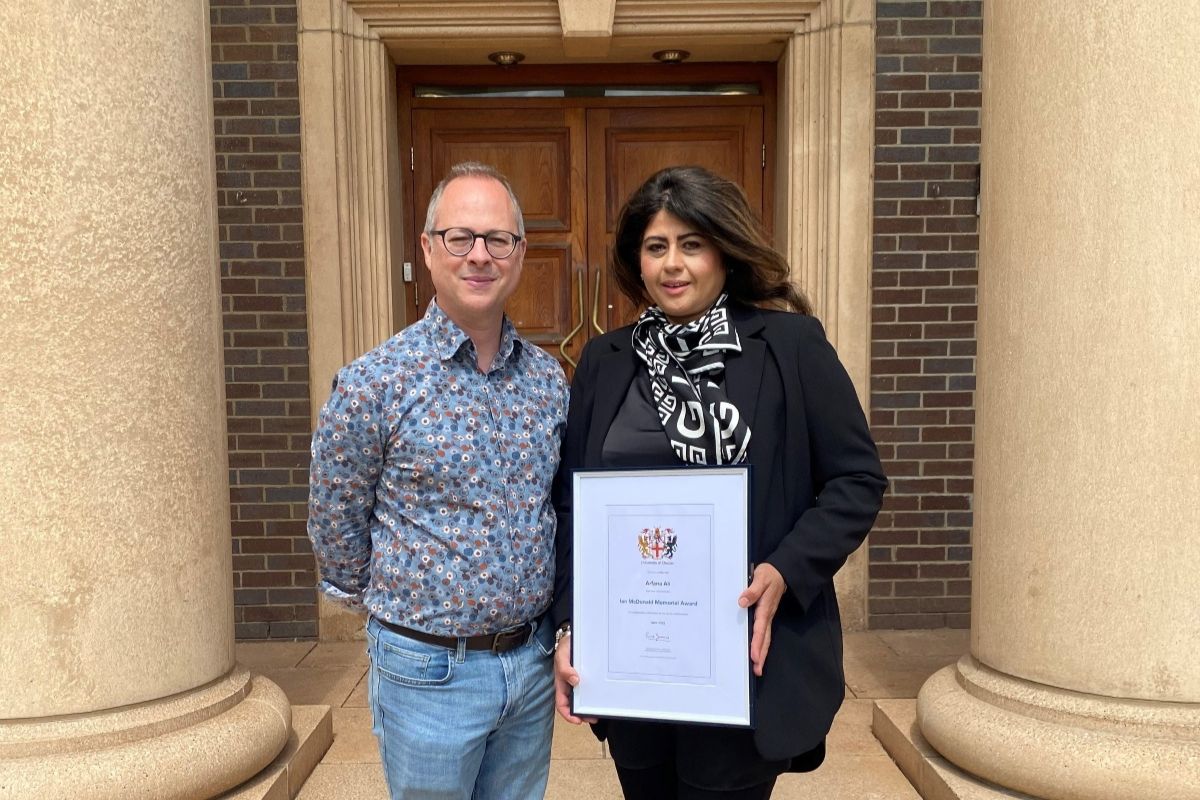
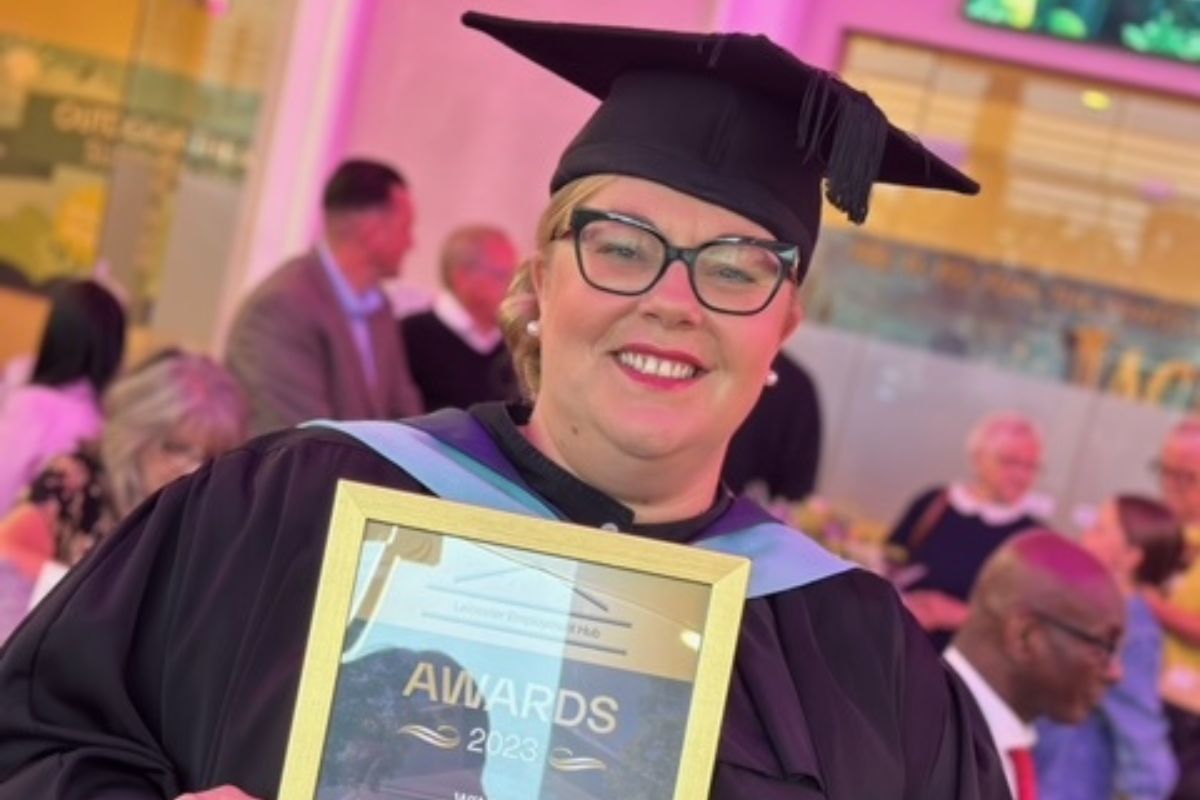
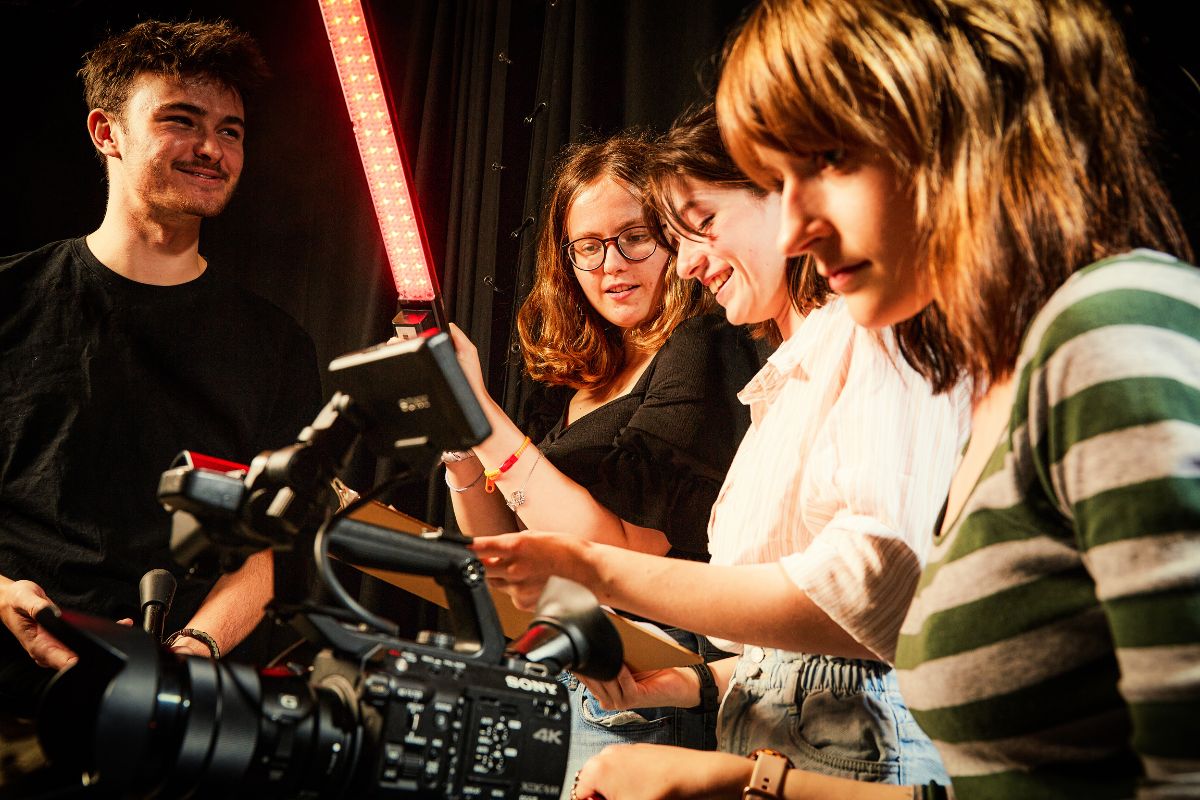
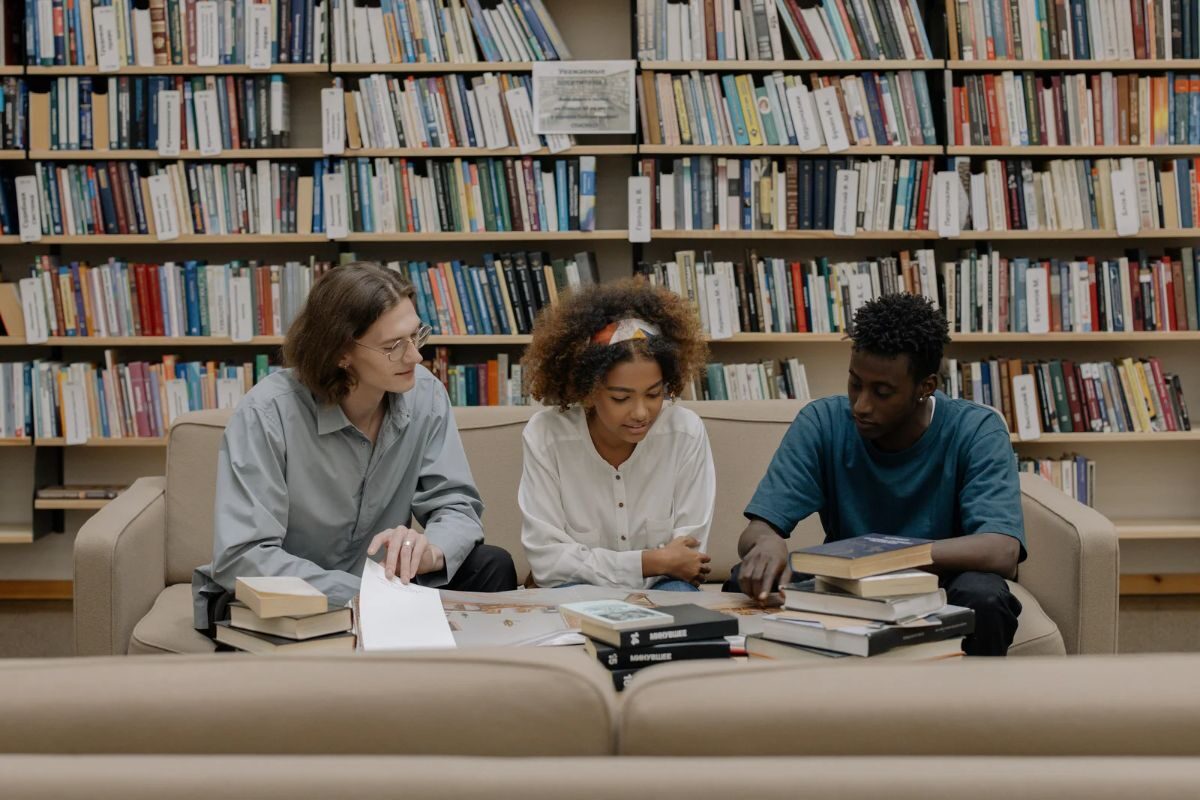
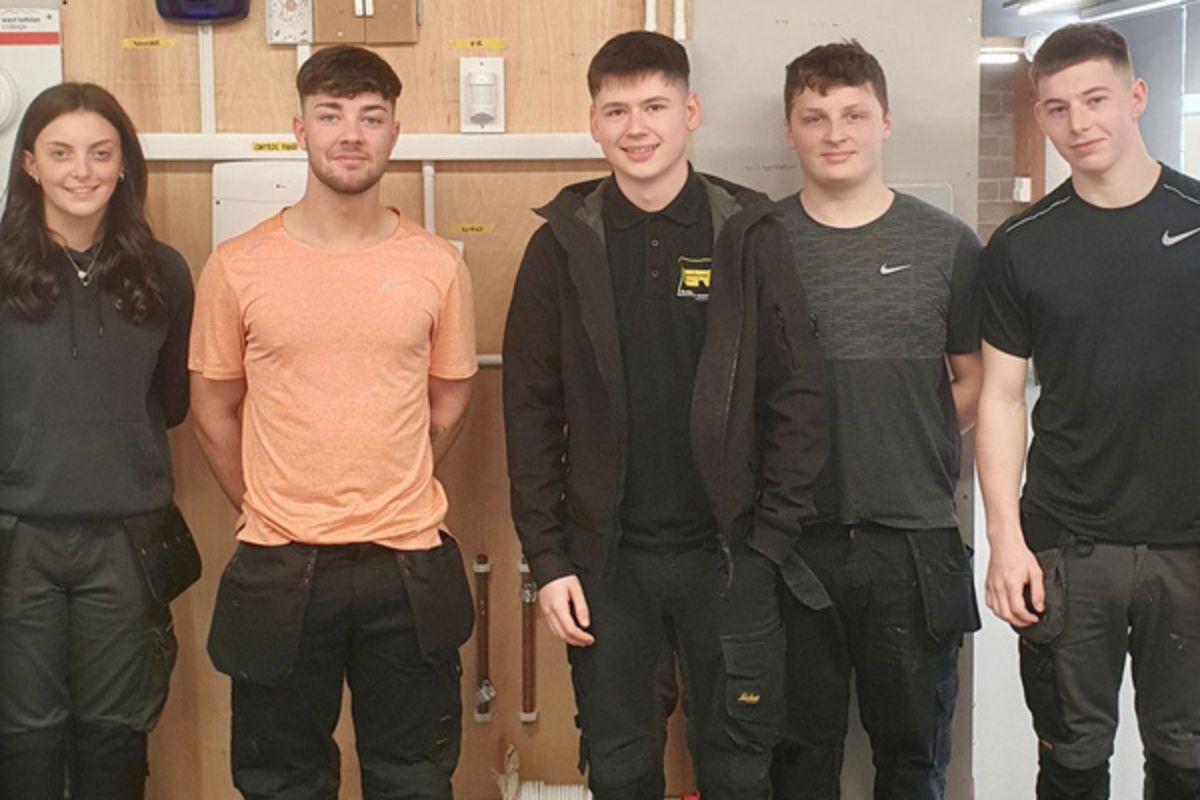
Responses